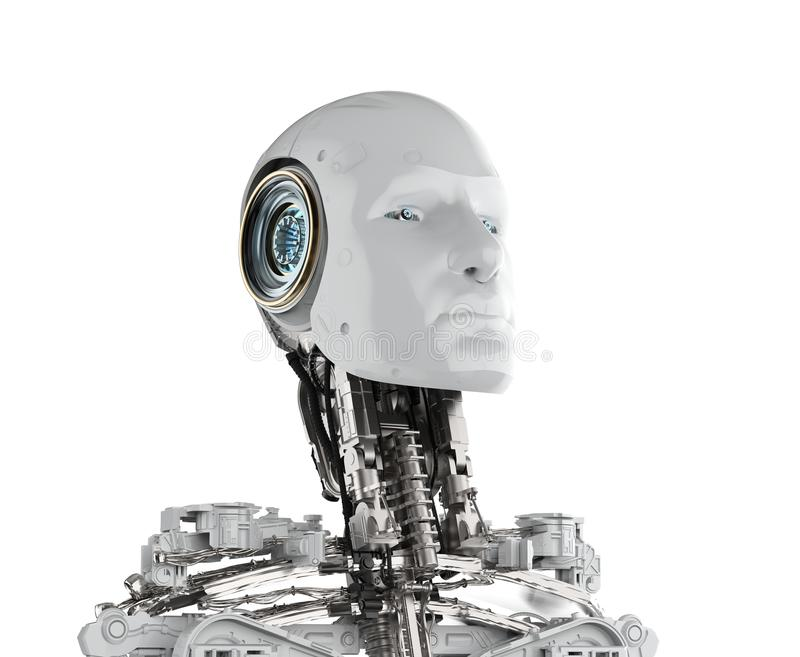Saturday, October 15, 2022
Cultured human brain cells can play the game 'Pong'
Tuesday, August 23, 2022
Can brain stimulation improve memory?
It also remains to be seen if treatment can help people with conditions such as Alzheimer’s disease.
Read the article: Brain stimulation leads to long-lasting improvements in memory
Image by Gerd Altmann from Pixabay
Copyright © 2022 by Eva Deli
Friday, August 19, 2022
Biological Age may be in the DNA's "Epigenetic Clock"
In the nineteen eighties, researchers thought that telomeres might be the cell's clock's mechanism because telomeres, DNA-protein complexes at the ends of chromosomes, shorten each time a cell divides. Furthermore, the correlation of telomere length with age and mortality was thought to be related to age; when telomeres become critically short, cells die. However, scientists learned that telomere length does not track age.
Image by Edgar Romero
Copyright © 2022 by Eva Deli
Monday, August 15, 2022
Why does cognitive demand compromise decision-making?
Photo by Ephraim Mayrena on Unsplash
Monday, May 23, 2022
Will artificial intelligence become conscious?
Saturday, April 2, 2022
Memorization and learning
|

.png)




